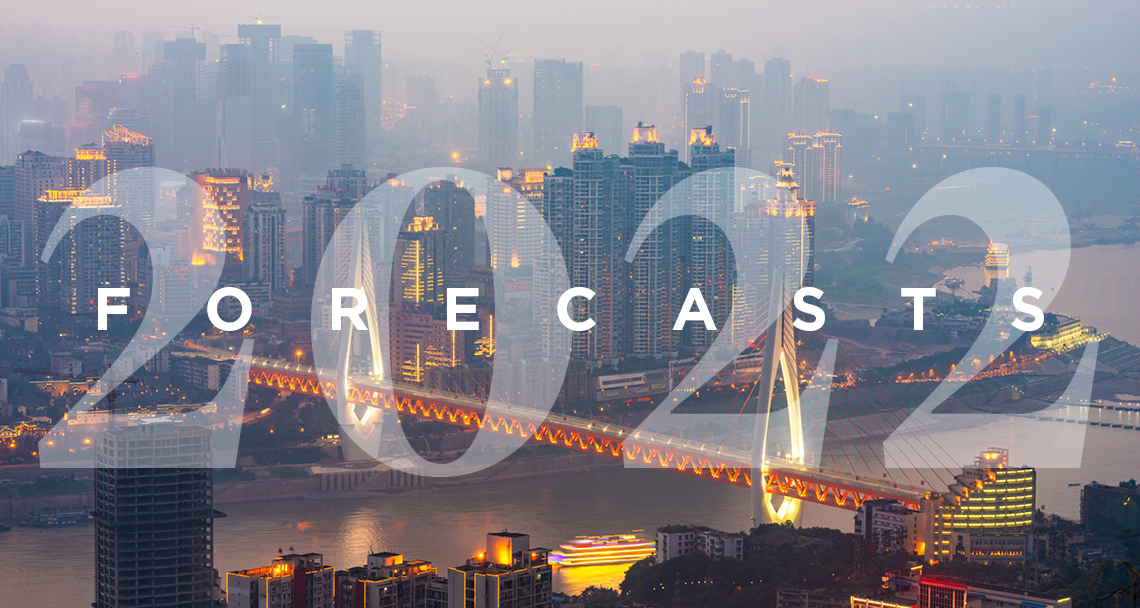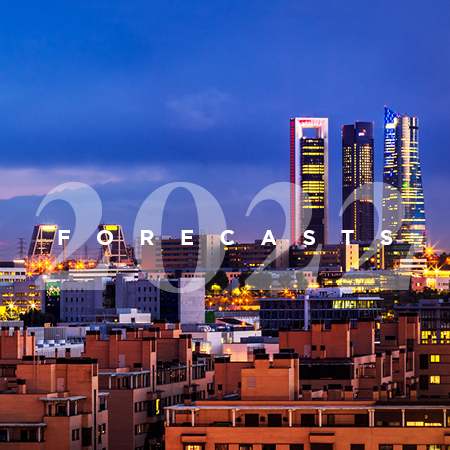The ongoing global economic recovery is unprecedented in modern times. Across advanced economies, huge monetary and fiscal stimulus launched in the aftermath of the pandemic, protected household incomes and prevented many businesses from bankruptcy.
Medical advances and adaptations in working practises subsequently allowed large sections of the economy to open up and remain operating when they would otherwise have been shut down at the peak of the crisis.
Demand surged, particularly for durable goods, given lingering restrictions on social spending (such as travel and tourism) and fear of contracting the virus, fuelling a rapid rebound in global trade and booming commodity prices. This supported growth across many emerging market economies, despite modest levels of domestic government support and weaker public health outcomes.
This year should once again see strong global economic growth, accompanied by a rebalancing of demand towards a more sustainable path. The general consensus is that policy action, primarily across the major advanced economies, was effective in limiting the long-term economic scarring of the crisis.
The IMF estimates this permanent loss in output will settle at around 3%, much lower than the 8-9% impact of the global financial crisis. So, despite growth accelerating towards 6% in 2021, there is still plenty of capacity for the global economy to recover towards the pre-pandemic trend, particularly in those sectors where the virus has had the biggest impact, such as high-contact services.
But the easy gains are now largely behind us. Policymakers have already begun withdrawing support; it was always expected that governments would be quick to scale back pandemic-related spending, but monetary authorities are being forced to tighten ahead of schedule in response to a surge in inflation that few anticipated.
The private sector will increasingly need to pick up the baton for growth in 2022
As a result, the private sector will increasingly need to pick up the baton for growth in 2022. But the conditions remain supportive of this rebalancing – household balance sheets are healthy, employment is rising, and business investment intentions are up. The IMF forecasts global growth of 4.9% in 2022, slightly down from last year, but still much higher than the 3.5% average in the decade leading up the pandemic.
However, heightened uncertainty will continue to drive volatility. Economic forecasts are predicated on a return to a stable or normal environment. But the current environment is anything but normal and the balance of risks is skewed to the downside.
The balance of risks is skewed to the downside
The scale and timing of stimulus withdrawal presents a significant challenge for policymakers, particularly given growth is already slowing from a cyclical peak. The rebalancing of demand should help to alleviate supply-chain pressures, while there is little evidence that a wage-price spiral is developing, suggesting inflation will return to more manageable levels without the need for overly zealous policy tightening.
But inflation is just one of several risks for the global economy, including sovereign and corporate debt, the Chinese real estate sector, and elevated geopolitical tensions, which all have the potential to materially impact global sentiment and growth. Elevated risk taking behaviour, which has conspired to drive up valuations of risky assets, could exacerbate any policy mistake or other negative shock through financial markets.
Inflation is just one of several risks for the global economy
And Covid-19 will loom large on the near-term horizon. Vaccines and other medical advancements will continue to dampen the economic impact of future outbreaks. But the emergence of Omicron highlights major frailties in the vaccine rollout – heavily concentrated in higher income economies. Herd immunity may never be possible, but this is a global problem that needs a global solution.
A more equitable distribution of vaccines globally will slow transmission rates, reduce the risk of new and more damaging variants, and make Covid-19 more manageable. It will also support a rebalancing in the global economic recovery, supporting an acceleration in domestic demand across lower income economies, removing the disparities between the haves and the have nots.
The pandemic is also providing a catalyst for structural change, and the longer it persists, the more these trends will be reinforced in the future. Every crisis has its legacy, and the Covid-19 crisis will be no different. It has changed the way in which governments, businesses, and households interact with one another, with the potential for major implications across global megatrends such as the future of work, climate change, globalisation, and the fourth industrial revolution.




